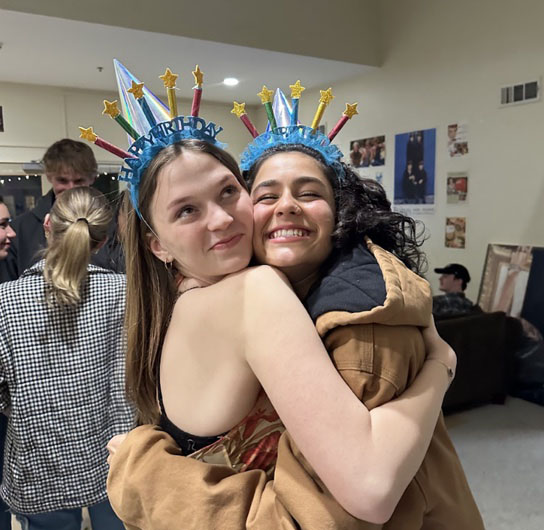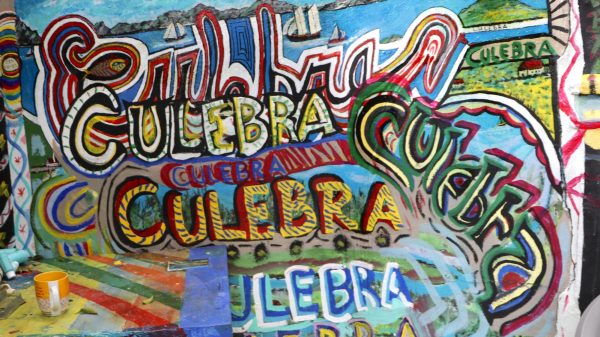Study Abroad Column: The Italian Job:Learning the Language
Most people have experienced that moment when you have a certain word in your mind but simply cannot remember it. You stop abruptly in the middle of a sentence while your brain frantically searches every shelf of your verbal library. Suddenly, you’re left in chilling silence. Frustration sets in while you try to fill the gap naturally with a broken record of “um” or “like,” which only serve to make the matter worse. For most people, this brain freeze lasts only a few seconds before one of two things occurs: your brain finally locates the missing word or those around you guess the word simply based on context. I have found myself stuck nonstop in this verbal vacuum for the last three weeks.
Language played an extremely important role in my decision to spend a semester studying in Florence, Italy. I was captivated by Italian language and culture at a young age, when my mom took me and my sister to Tuscany for two straight summers. Being eight years old at the time, I didn’t really understand what I was seeing and hearing, but I was fascinated by an environment so different from my own. In the years following my time in Italy, I studied the Spanish language at length in an academic setting. It wasn’t until I arrived at Colgate that I was given the opportunity to revisit my curiosity with the Italian language. Wanting to improve my conversational Italian beyond classroom dialogue, I knew the homestay program offered by many study abroad programs would greatly facilitate this goal. Little did I know the challenge I was about to face.
Enter the verbal vacuum. I had expected something that closely resembled a foreign language class – a professor fluent in English but encouraging the class to operate entirely in the language being taught. If I didn’t know a certain translation, I would simply switch to English, knowing my professor wouldn’t be thrilled but would nonetheless understand. Today, my brain operates in continuous search mode for words that are simply not in my verbal library, a brain freeze with no relief. Speaking with my host mom, who knows no more than two words of English, I am completely without my language safety net. Although the last few weeks have been a mix of linguistic successes and failures, this experience has illuminated a phenomenon that I have never reflected on before.
For the last 21 years of my life, I have taken language for granted. We are taught to use our words as the foremost means of expression. Rarely are we taught what to do when we don’t have the right words to convey that expression. The English language has served as a bridge, connecting myself to those around me. I built this bridge at a young age and fortified its foundation with every addition to my English vocabulary. This semester I am building a new bridge from scratch. Right now my bridge consists of flimsy pieces of wood tethered together by rope. With every careful step the bridge sways and creaks, but as my brain absorbs the Italian language each day, my bridge gets stronger and stronger. No longer does language operate subconsciously. Instead, I understand the magnitude and marvel of human language from a new perspective.









